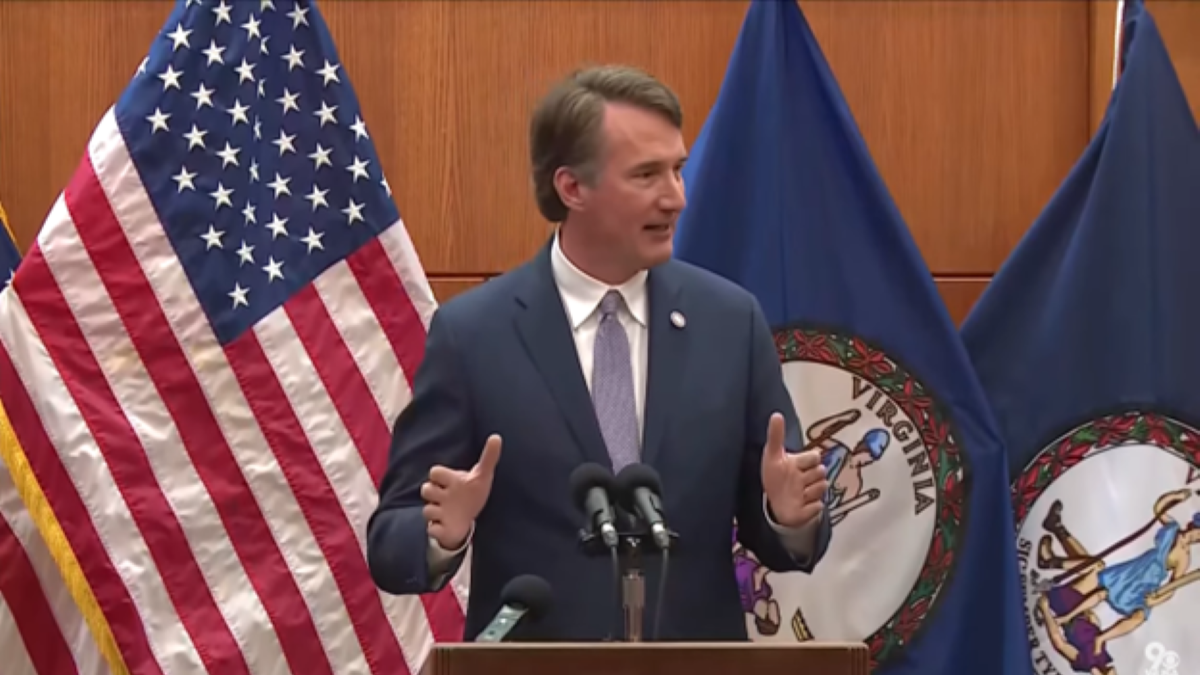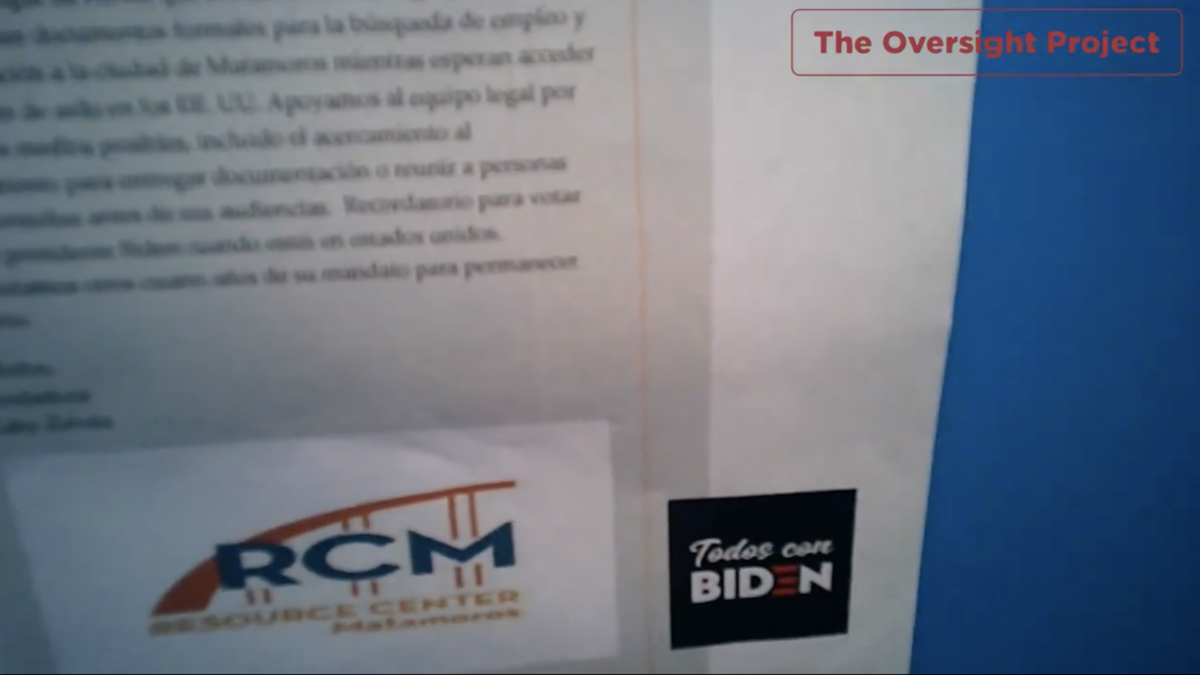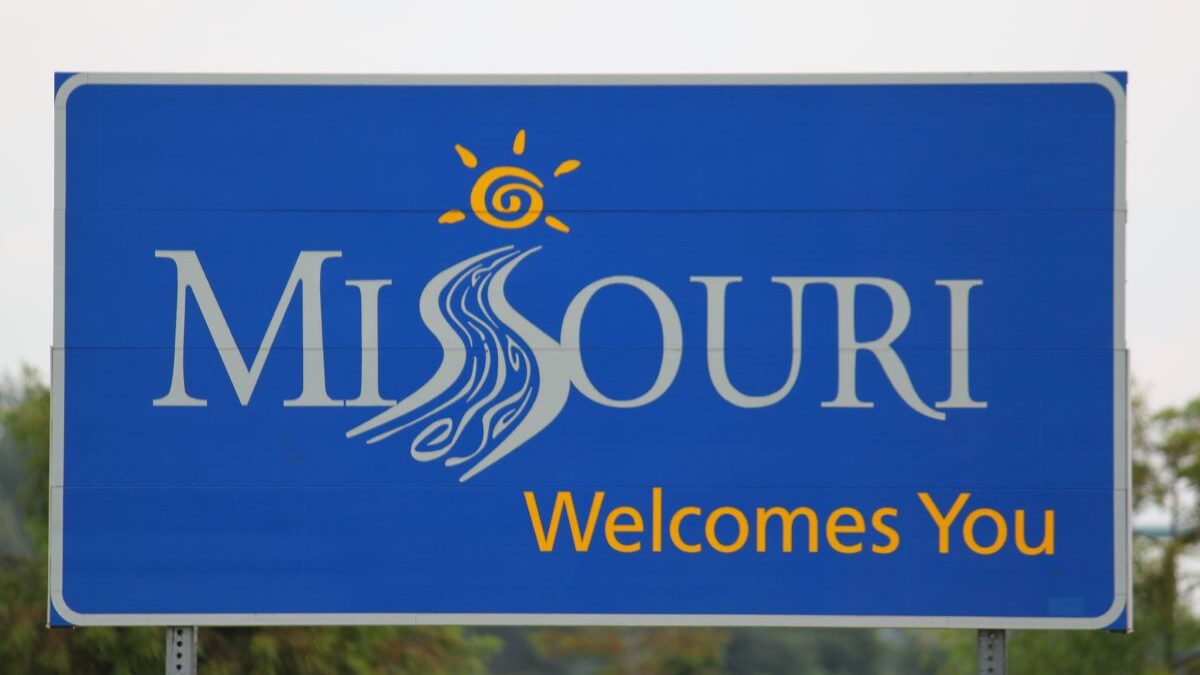
An election transparency organization was forced to remove its online publication of Virginia voter rolls after the state’s Department of Elections (ELECT) threatened to have the group criminally charged under a law approved earlier this year by Republican Gov. Glenn Youngkin.
In a letter obtained by The Federalist addressed to the Voter Reference Foundation (VRF), an organization “dedicated to ensuring transparent, accurate and fair elections,” ELECT officials demand that VRF “immediately remove the Virginia voter list and any personal voter information from its website” or risk being charged with a Class 5 felony for “the crime of election fraud.”
“In October 2021, Voter Reference Foundation published personal voter information of Virginia voters received through a Registered Voter List and/or a Vote History List that was not directly purchased from the Department of Elections (ELECT) by Voter Reference Foundation,” the letter reads. “The publication of voter information contained on the aforementioned lists is not a permissible use of the lists pursuant to § 24.2-405 and § 24.2-406 of the Code of Virginia.”
State officials go on to claim that VRF “did not receive the aforementioned lists from ELECT” as mandated under state law and that the group “did not sign the required Statement of Responsibility pursuant to § 24.2-407 of the Code of Virginia.”
Approved by Youngkin on April 11, the recently enacted amendment (SB698) to § 24.2-405 of the Virginia Code prohibits recipients “of a list of registered voters from publishing on the Internet any of the information contained in such list as a list, database, or other similar searchable format or providing information contained in a list of registered voters to a third party for such purpose.”
As noted in previously enacted subsections of § 24.2-405, entities such as political action committees and nonprofit organizations “that promote voter participation and registration” are able to purchase voter roll information from ELECT. Candidates for public office, political party committees, and “commissioners of the revenue,” are also given the ability to acquire such information.
In a statement provided to The Federalist, VRF President Doug Truax said he’s “puzzled” as to why Youngkin, “who said he favored election transparency,” would sign legislation that makes it more difficult for Virginians to see “the election records they pay for.”
“He’s on the wrong side of history here. People are demanding more transparency in their elections, not less,” he said.
Truax also added that VRF “is committed to publishing the voter rolls in all 50 states” and that the group “will take legal action in states that prevent publication, such as Virginia.”
During the 2021 Republican gubernatorial primary, Youngkin pledged to make election integrity “a top priority,” with the then-candidate releasing a five-point plan aimed at establishing “‘legal voting standards’ for election processes.” Among the key tenets of the plan were calls to update “voter rolls monthly to provide accurate voter information,” as well as to strengthen “Virginia’s voter identification in ‘all methods of voting'” and verify “‘all mail-in applications and ballots’ to ensure they are ‘legitimate and timely.'”
“This is not a Democrat issue or a Republican issue, it’s a democracy issue,” Youngkin said in February 2021. “Both parties have long raised concerns, and we must restore Americans’ faith in the integrity of our elections.”
When pressed by The Federalist on why Youngkin chose to sign the bill despite its limitations on individuals’ ability to distribute state voter roll information, a representative from the governor’s office said that “SB698 protects election integrity by ensuring that accurate information is posted online, as opposed to outdated voter rolls, which are only accurate the day they are pulled from the voter registration system.”
“In Virginia, voter lists are updated each and every day to account for people moving or passing away, a posted online list will quickly become inaccurate as more updates are made,” the Youngkin representative said. “Additionally, this legislation addresses the concerns for sharing voters’ personal identifiable information on the internet.”
In response to the Youngkin administration’s statement, Traux issued a challenge to the governor “to post the taxpayer-funded voter registration lists online and update them in real time so the public can see them.”
“Unless he’s willing to do that, Mr. Youngkin ought to stop making phony excuses for stifling election transparency,” Traux said.







